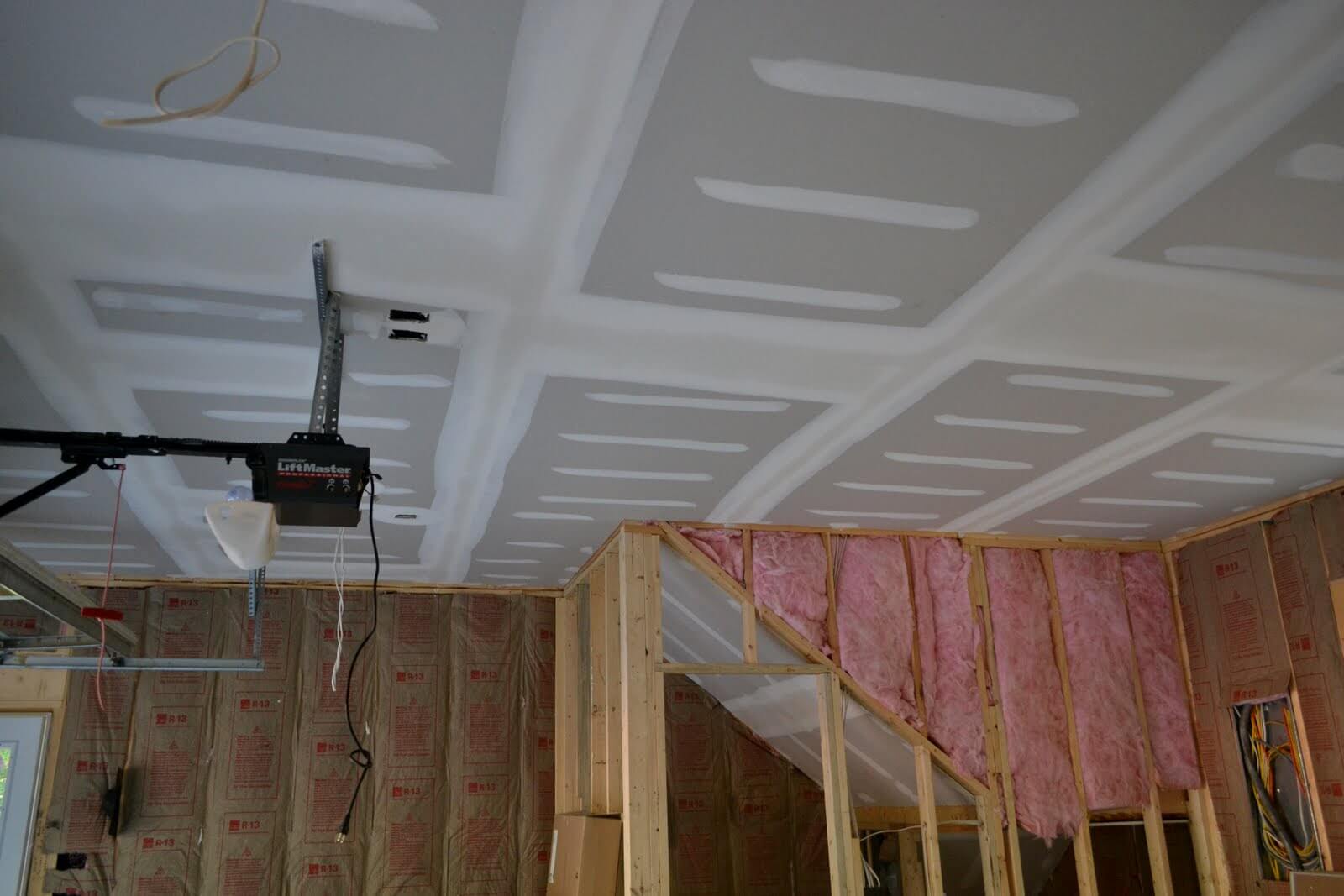
We’ve all seen and heard the inspirational home improvement commercials about doing and saving. It goes something like, “we’ve got this, look what we’ve done, sit back and enjoy the view.” But what if the alterations are made by a tenant without the permission of the owner, and the landlord does not like the view?
Of course, there are studious tenants who wish to make their abode their home and attempt to make cosmetic changes and improvements such as replacing carpeting, changing out light fixtures, painting the walls, swapping out appliances, and the like. Often, there is an amiable relationship in place and when the tenant asks the landlord for permission to make improvements, it is granted.
Yet we have seen countless acts of tenants taking it upon themselves to make major reconfigurations to a rental unit, and this becomes problematic. It is not rare for landlords to discover the kitchen has been renovated, or a new living quarters has been erected in the garage.
With a housing shortage upon us, we’ve seen an alarming number of cases where inventive tenants make material alterations to carve out new living environments for housemates. These material changes expose the landlord to significant liability, especially when the work is unpermitted and the city finds out about it.

Most leases contain, and should contain, a provision that expressly prohibits alterations to the premises without prior written consent of the owner. When an illicit alteration is discovered, it should be documented by taking photographs. Armed with evidence of an alteration, a notice can be served upon the tenant to restore the unit back to its original condition, at the tenant's own expense. If the tenant does not remove the alteration, the landlord can commence an unlawful detainer action.
As sticklers for documentation, Bornstein Law can always review your written lease agreement to ensure there is in fact a provision that prohibits tenants from making alterations without the owner’s consent. All too often, there is no such protection because the lease is deficient.
In the absence of a written prohibition against alterations, the tenant may be able to make changes without the landlord’s permission, though it is still illegal to do anything that wantonly or willfully destroys, defaces or damages the property.
Another common alteration we encounter is the unauthorized changing of locks, a topic we broached in this post.
If you discover illicit alterations, the personal and financial liability that can ensue demands immediate action that can be done properly with the landlord lawyers at Bornstein Law.
Related post: Tenants improperly using commercial space for residential use

Daniel is the founding attorney of Bornstein Law, the San Francisco Bay Area's foremost authority on managing landlord-tenant relationships, property management issues, and complex real estate litigation. Having protected the rights of property owners for over 23 years, he is also renowned for his educational workshops, his speaking engagements with numerous organizations, and as an expert witness. Contact his office today.
